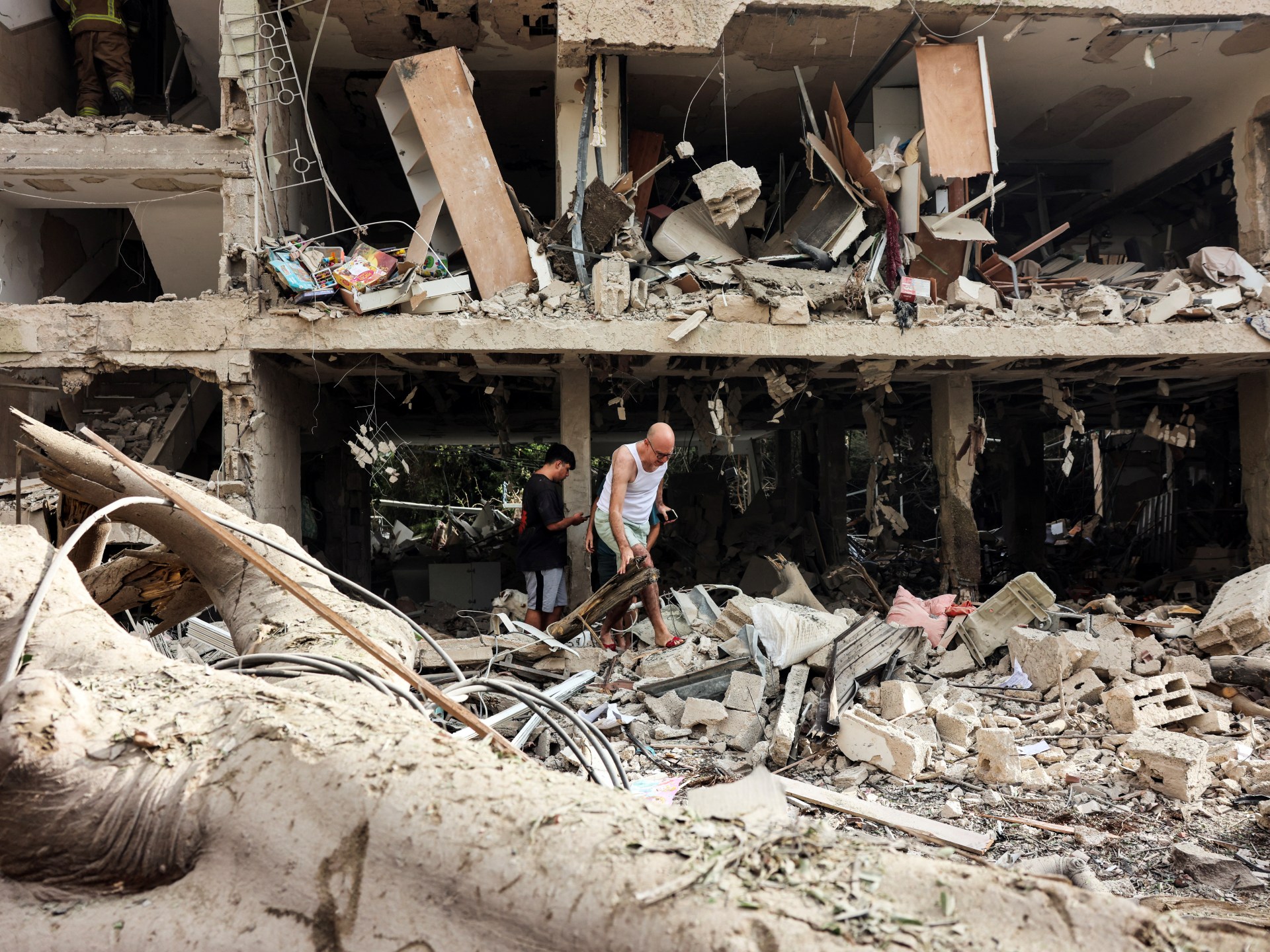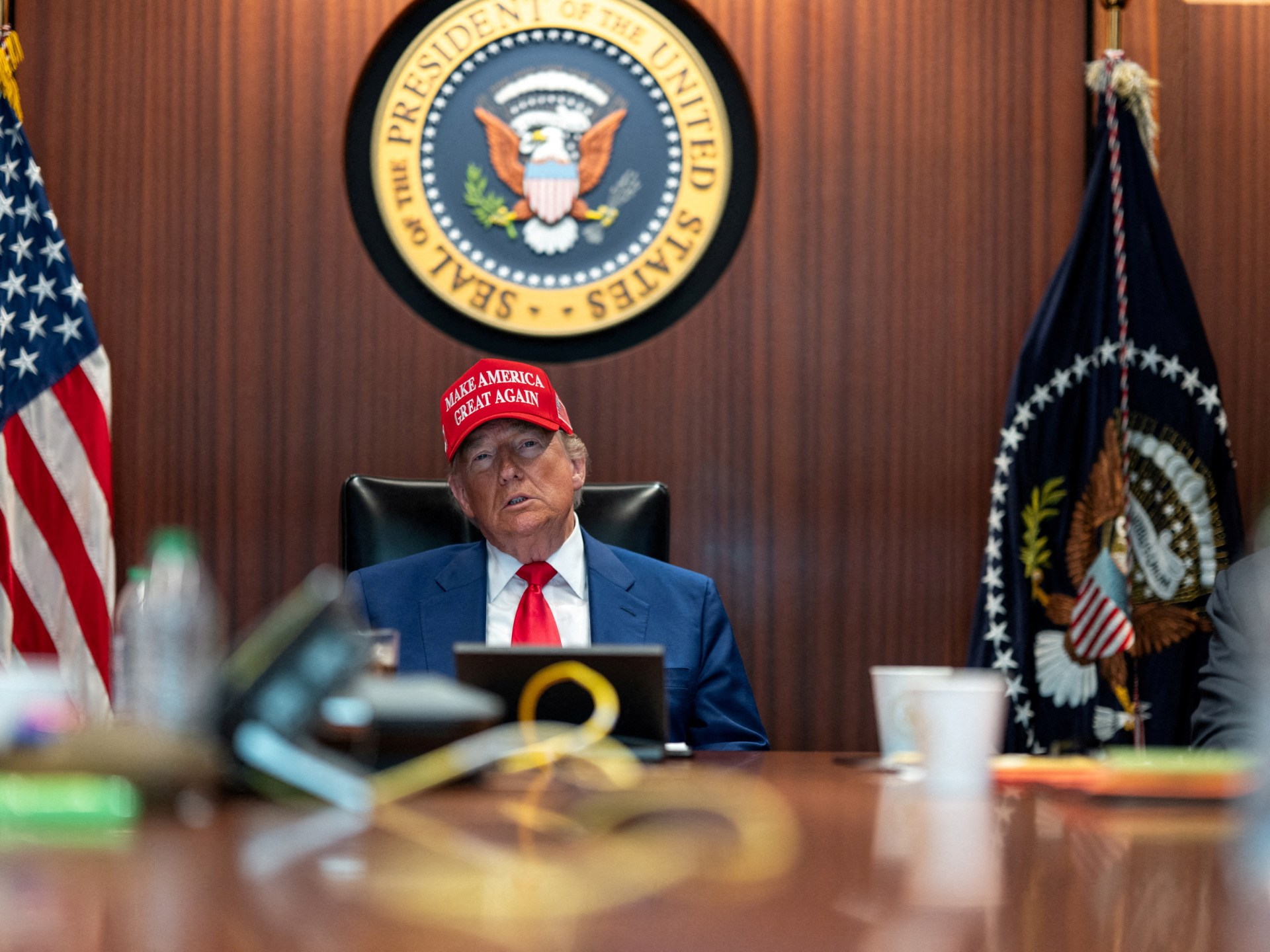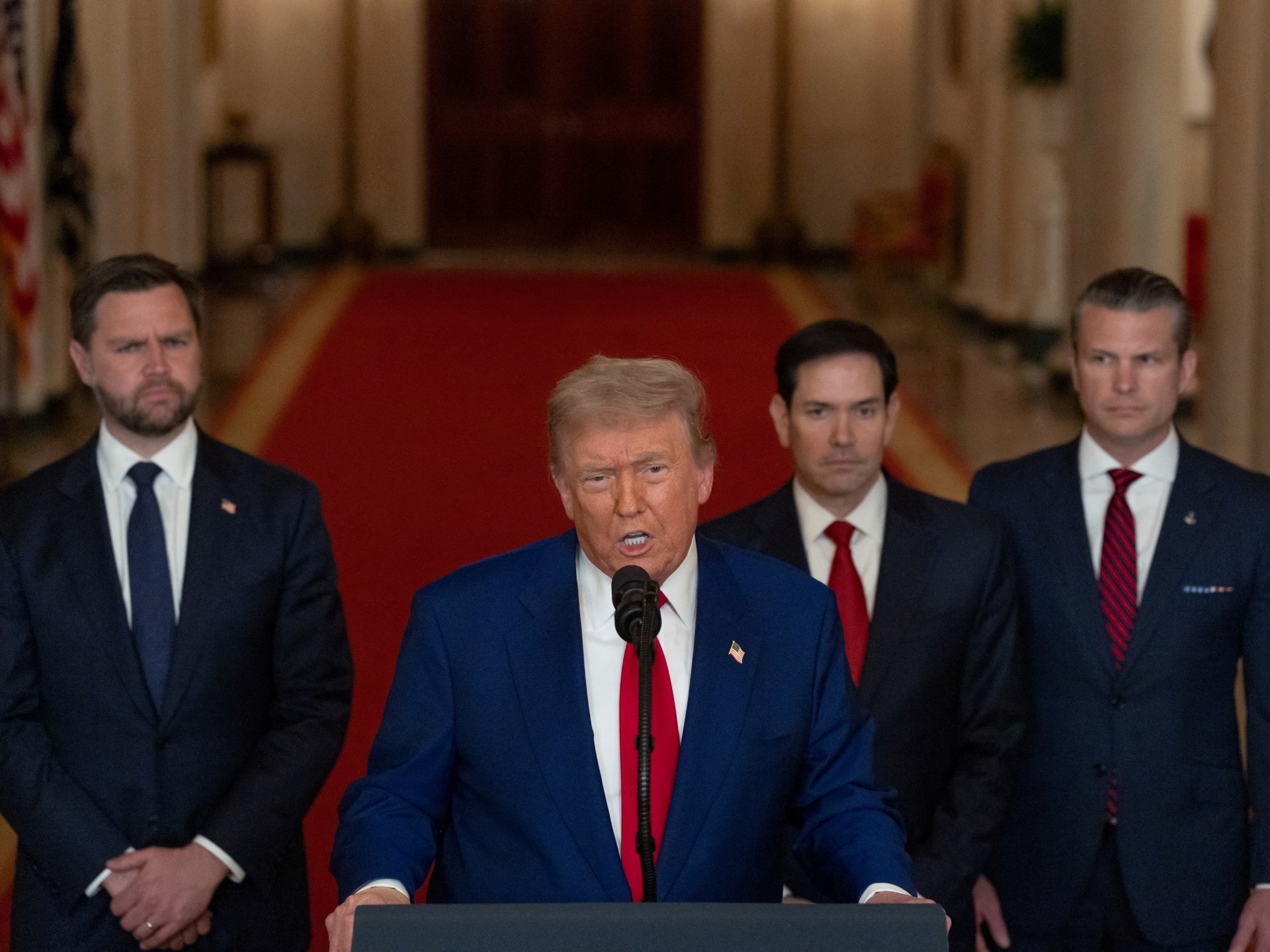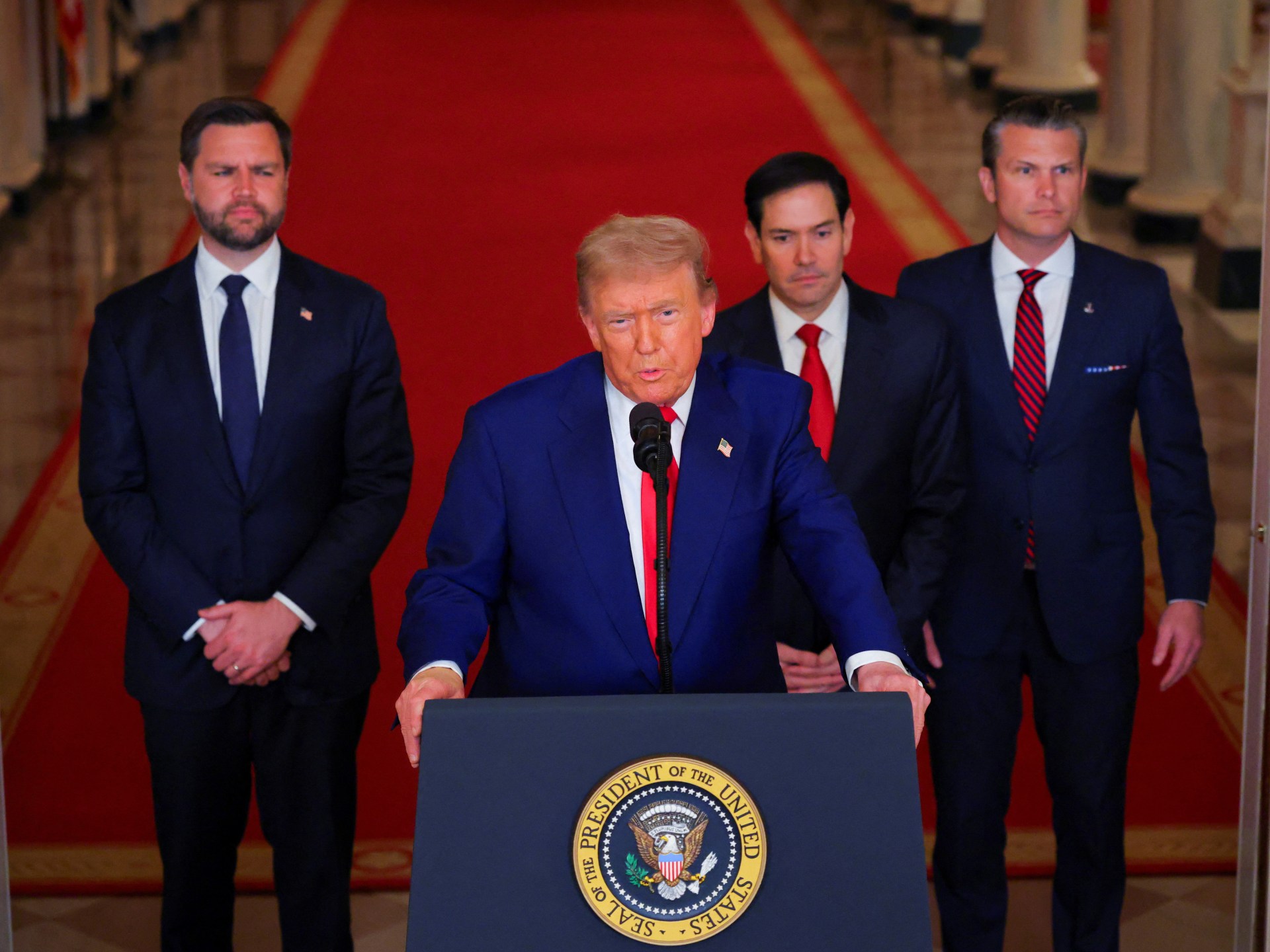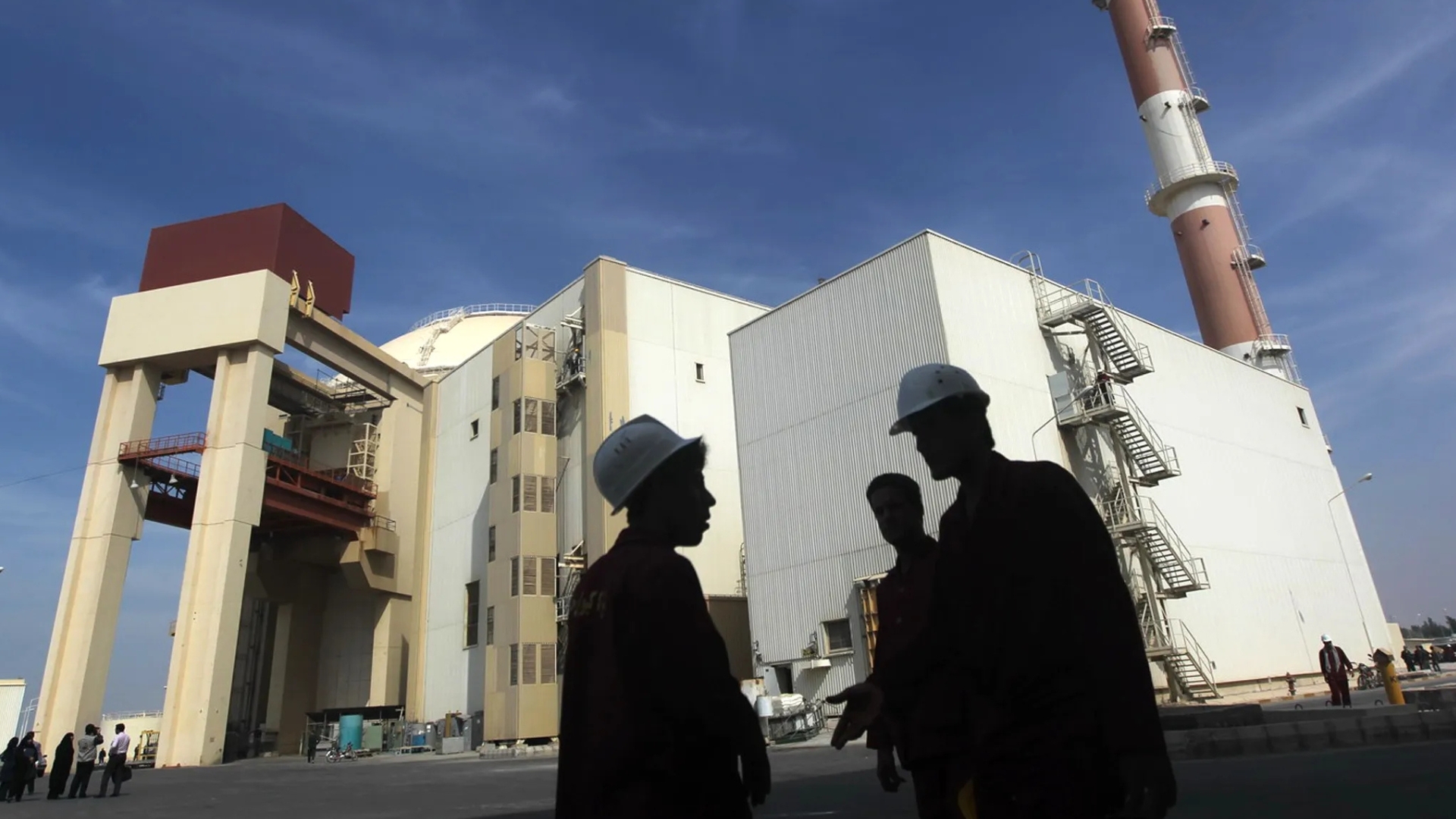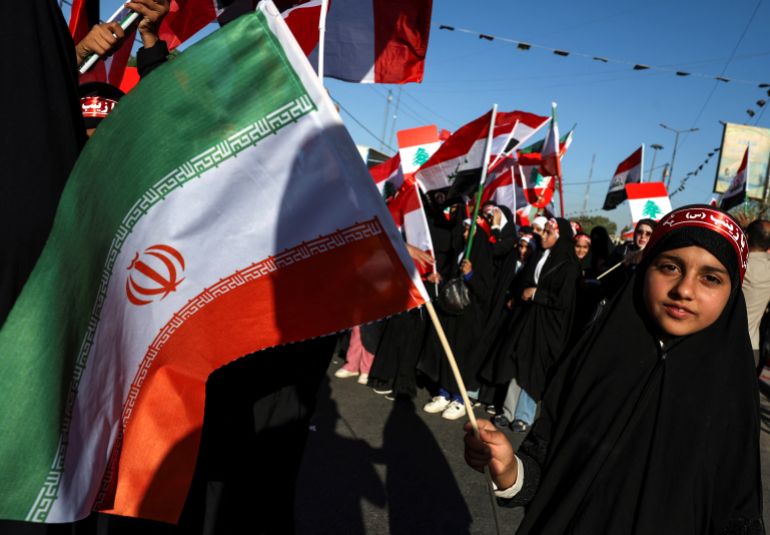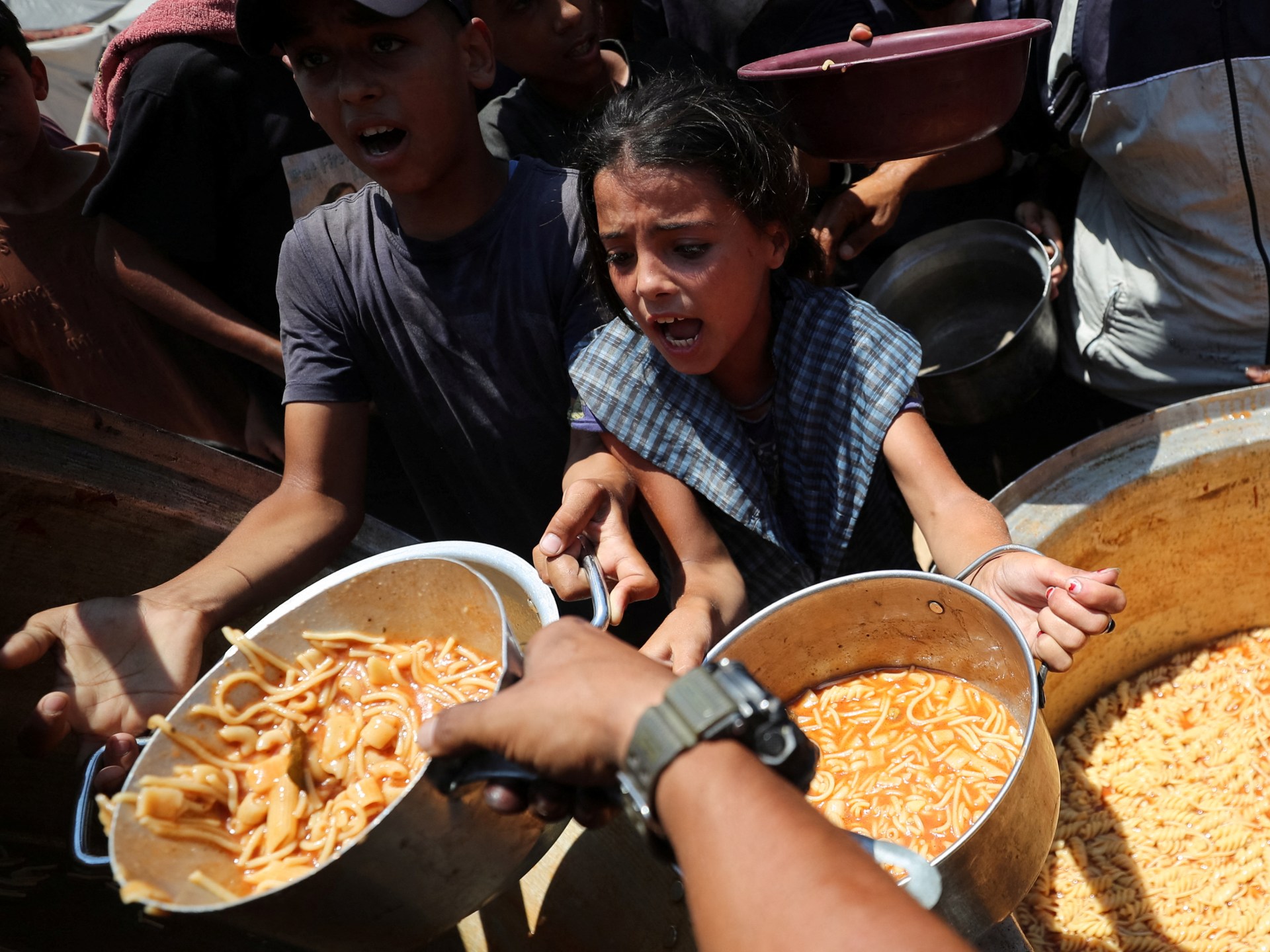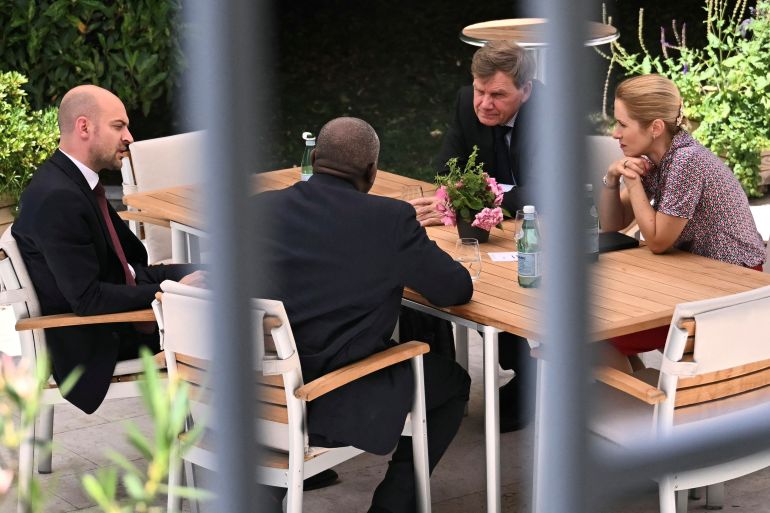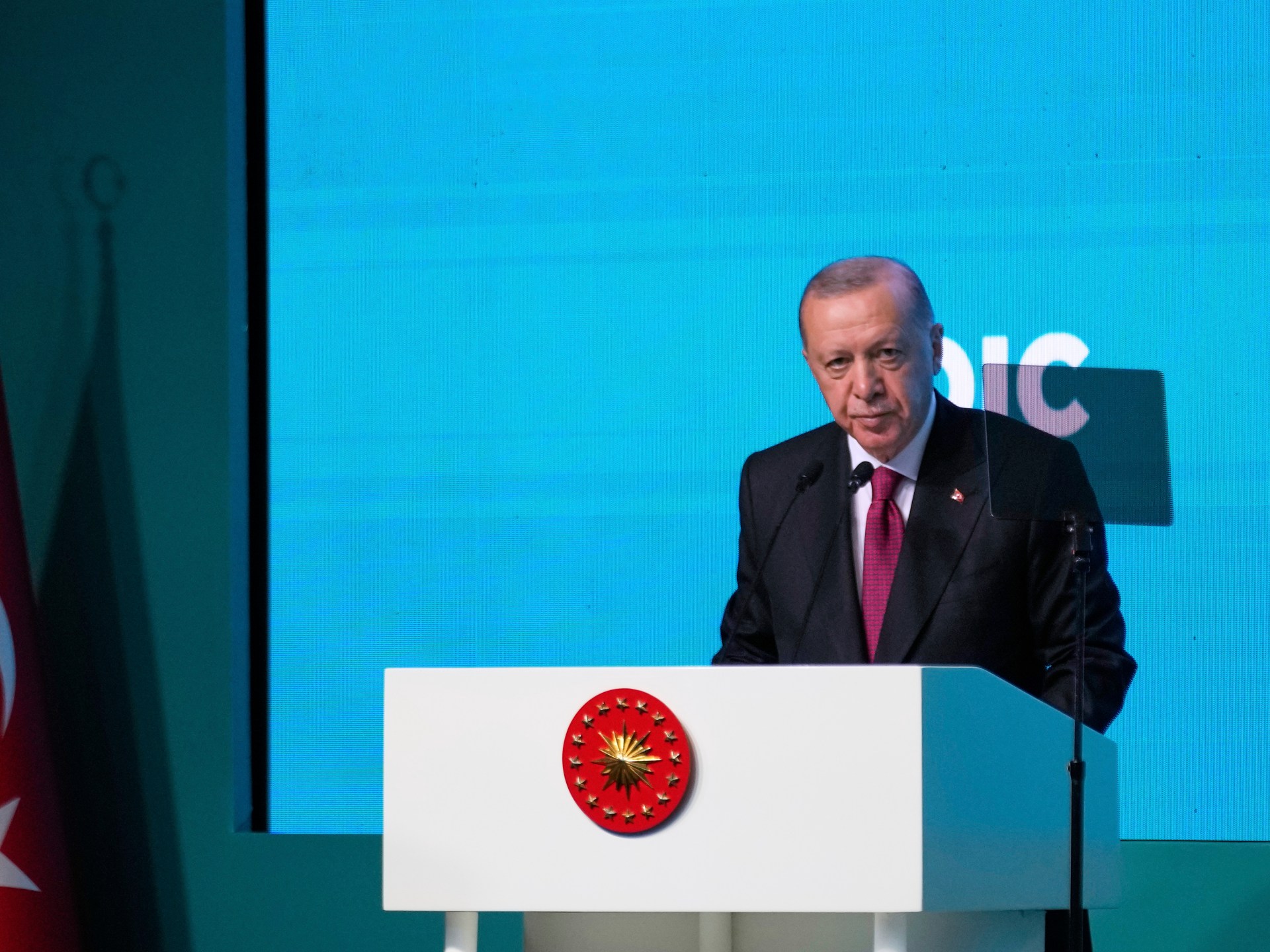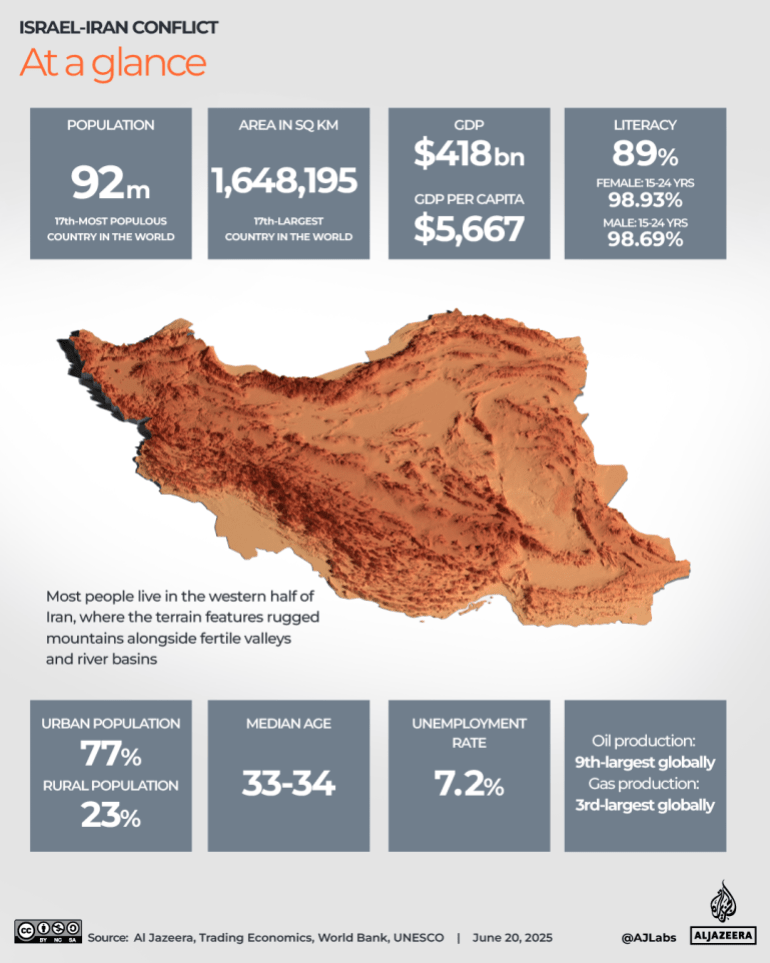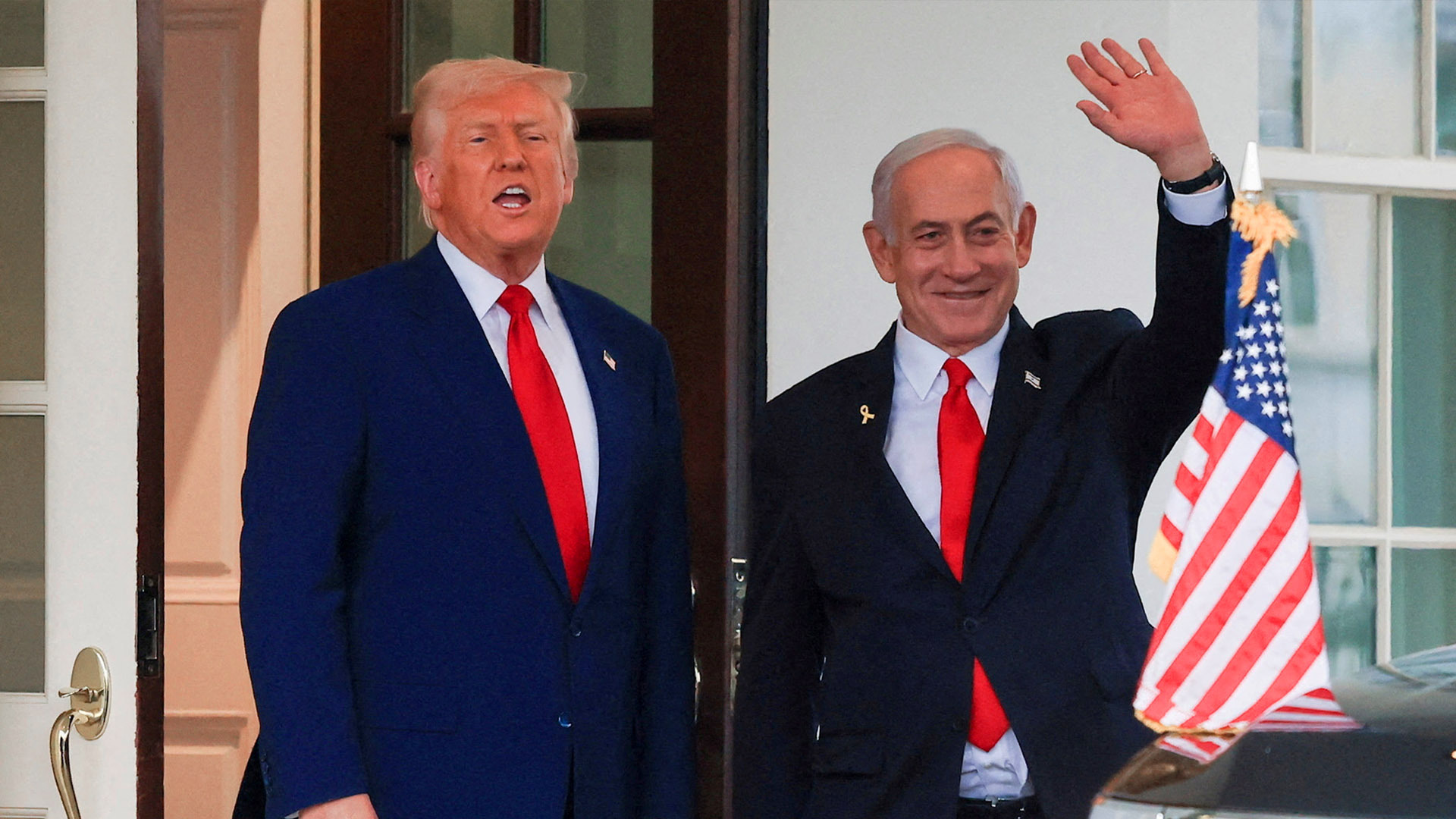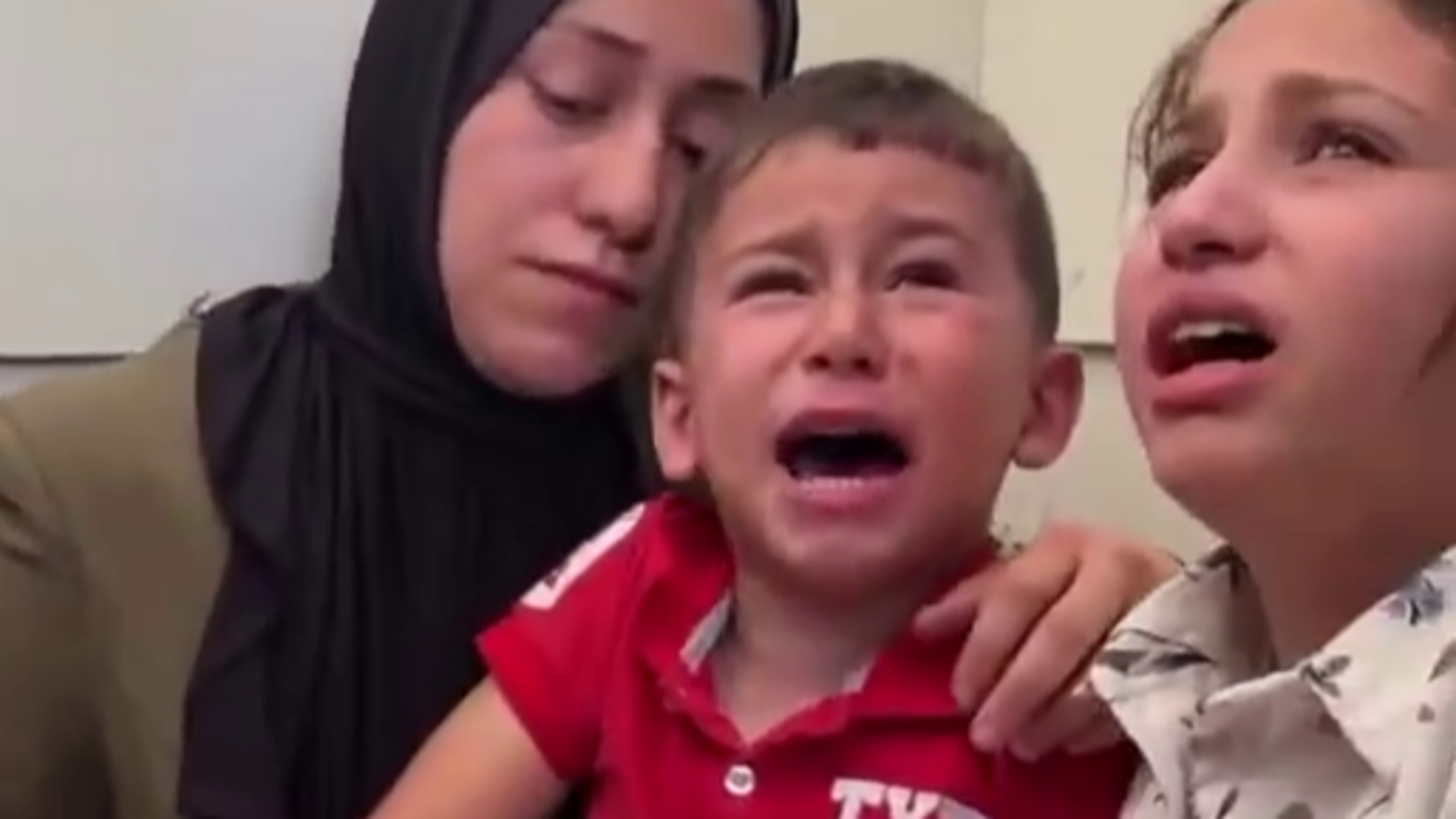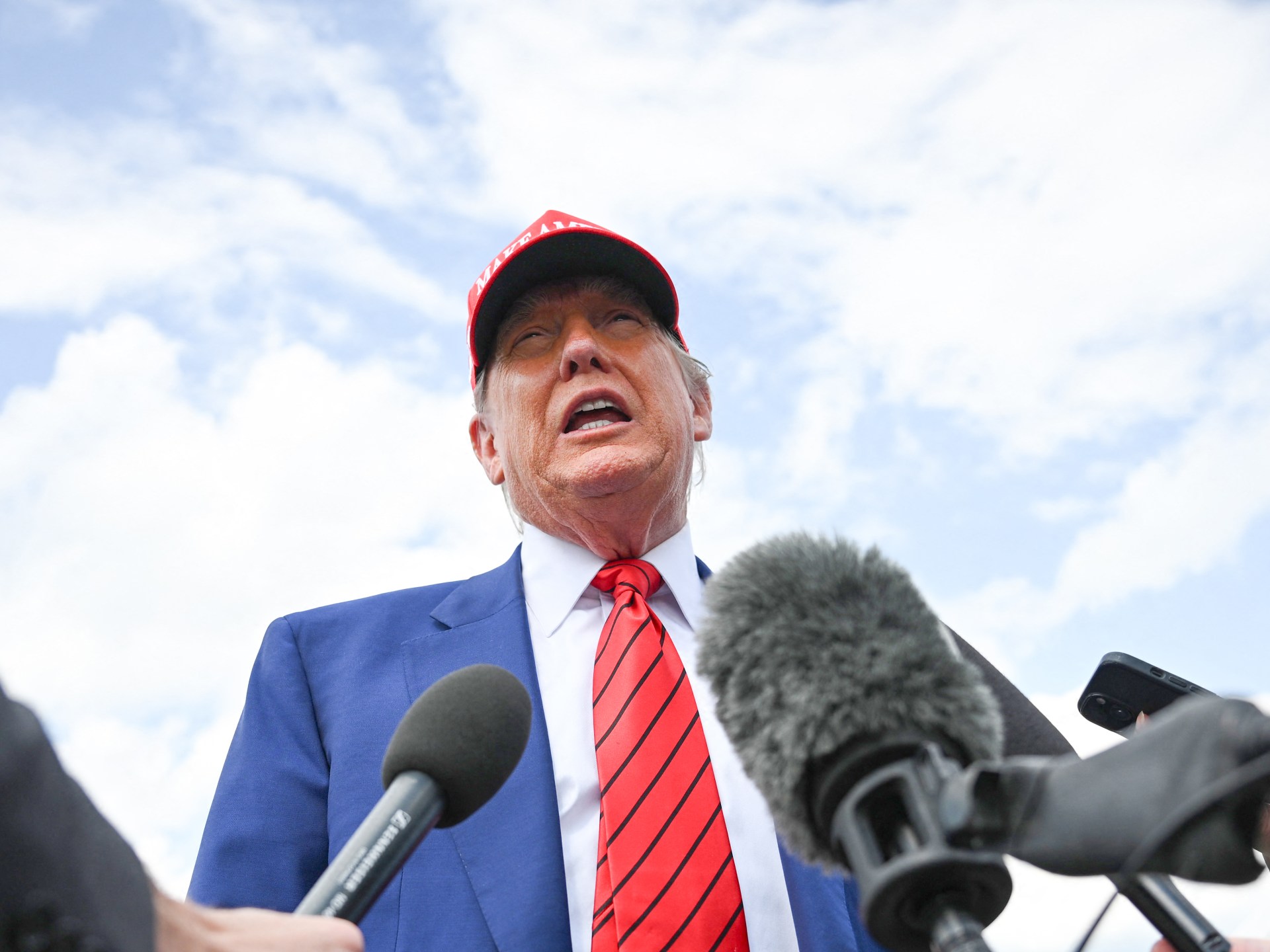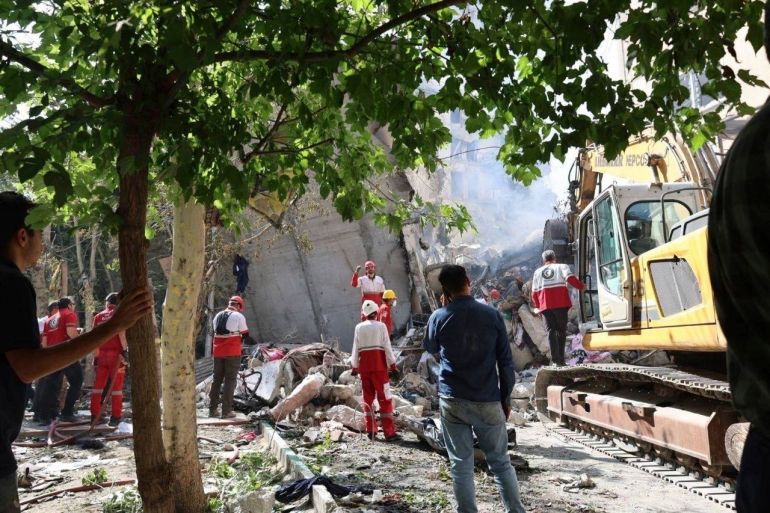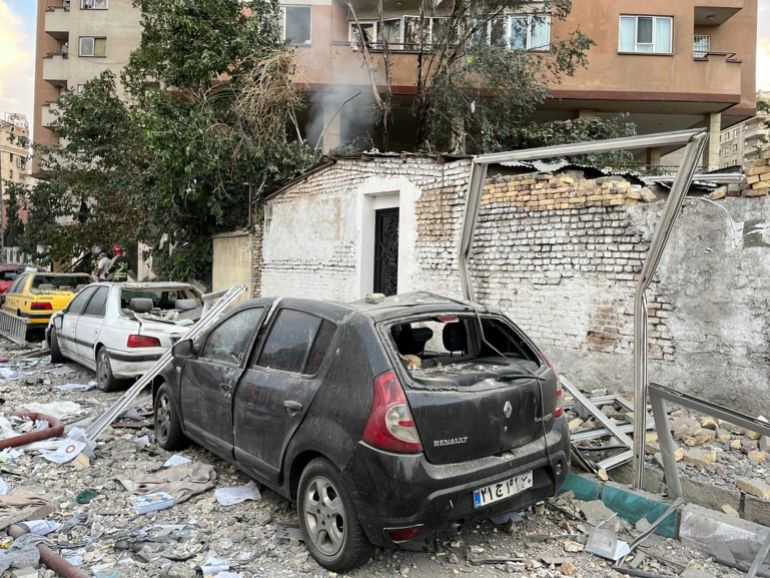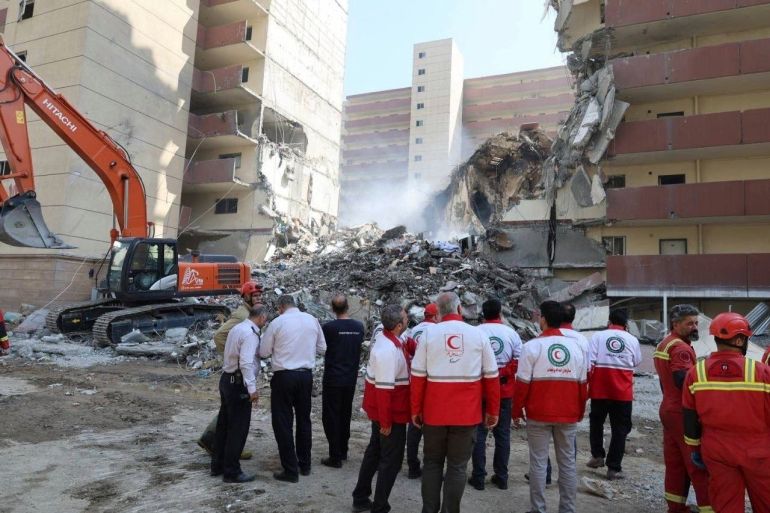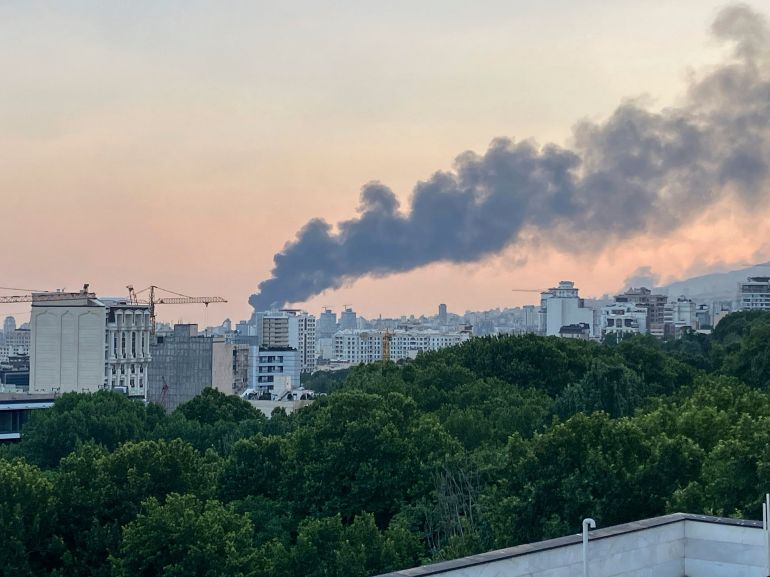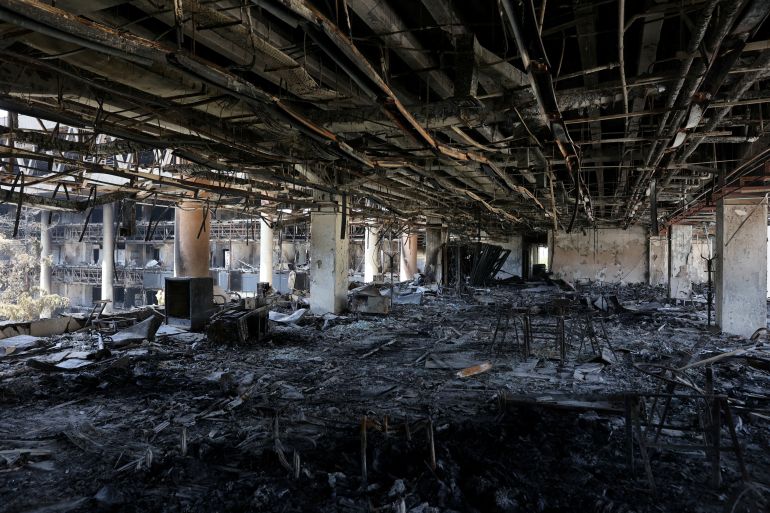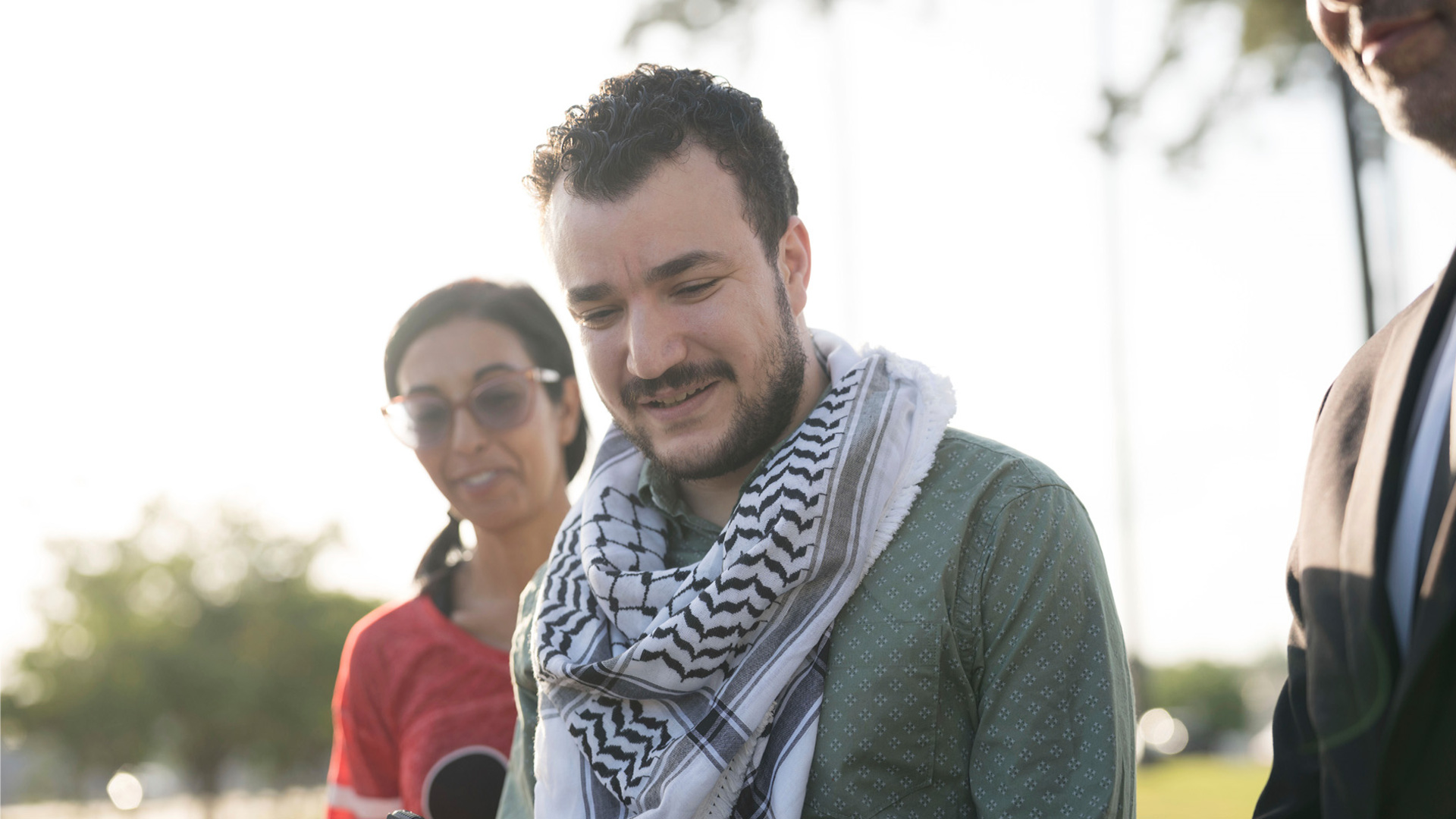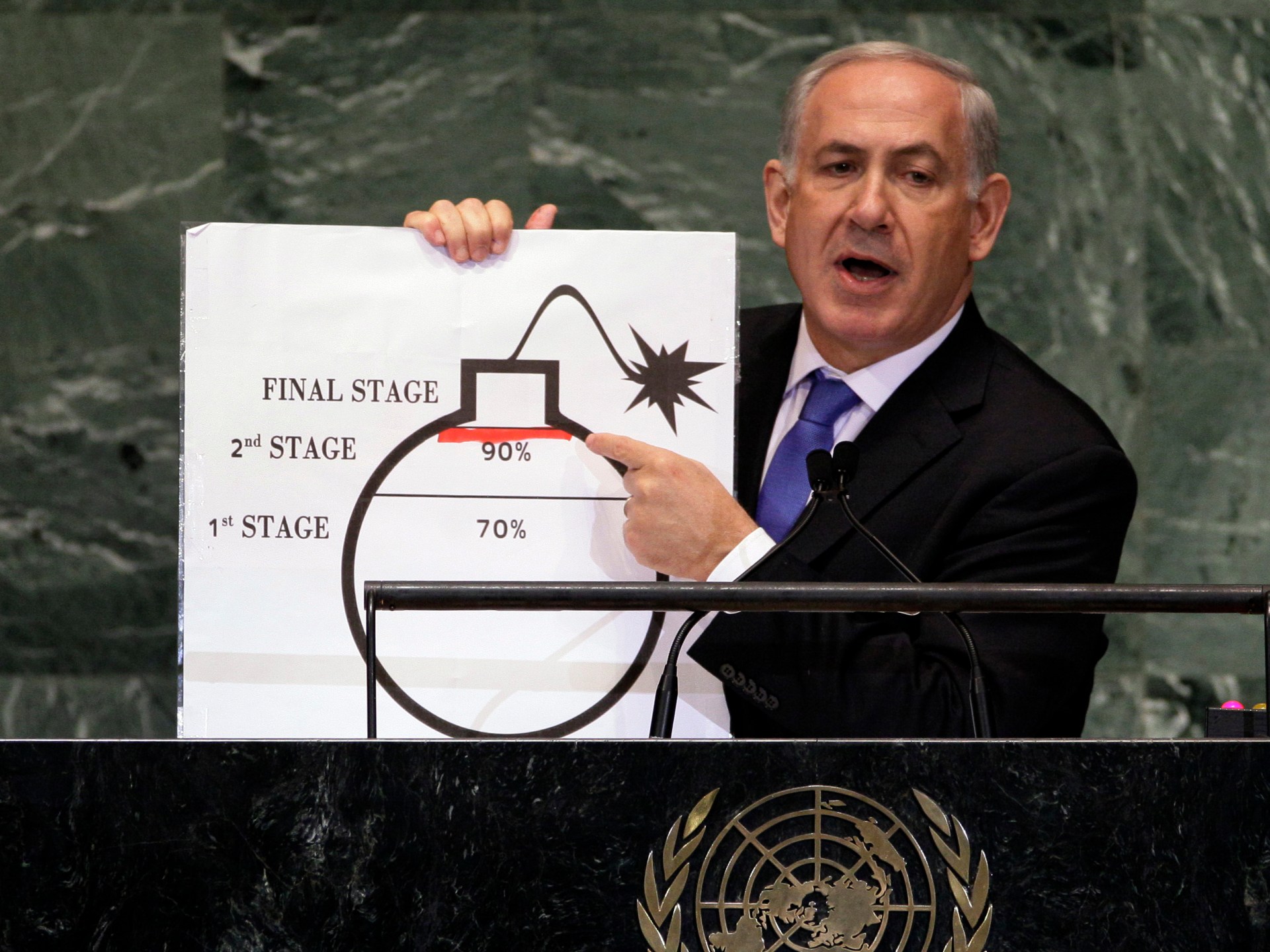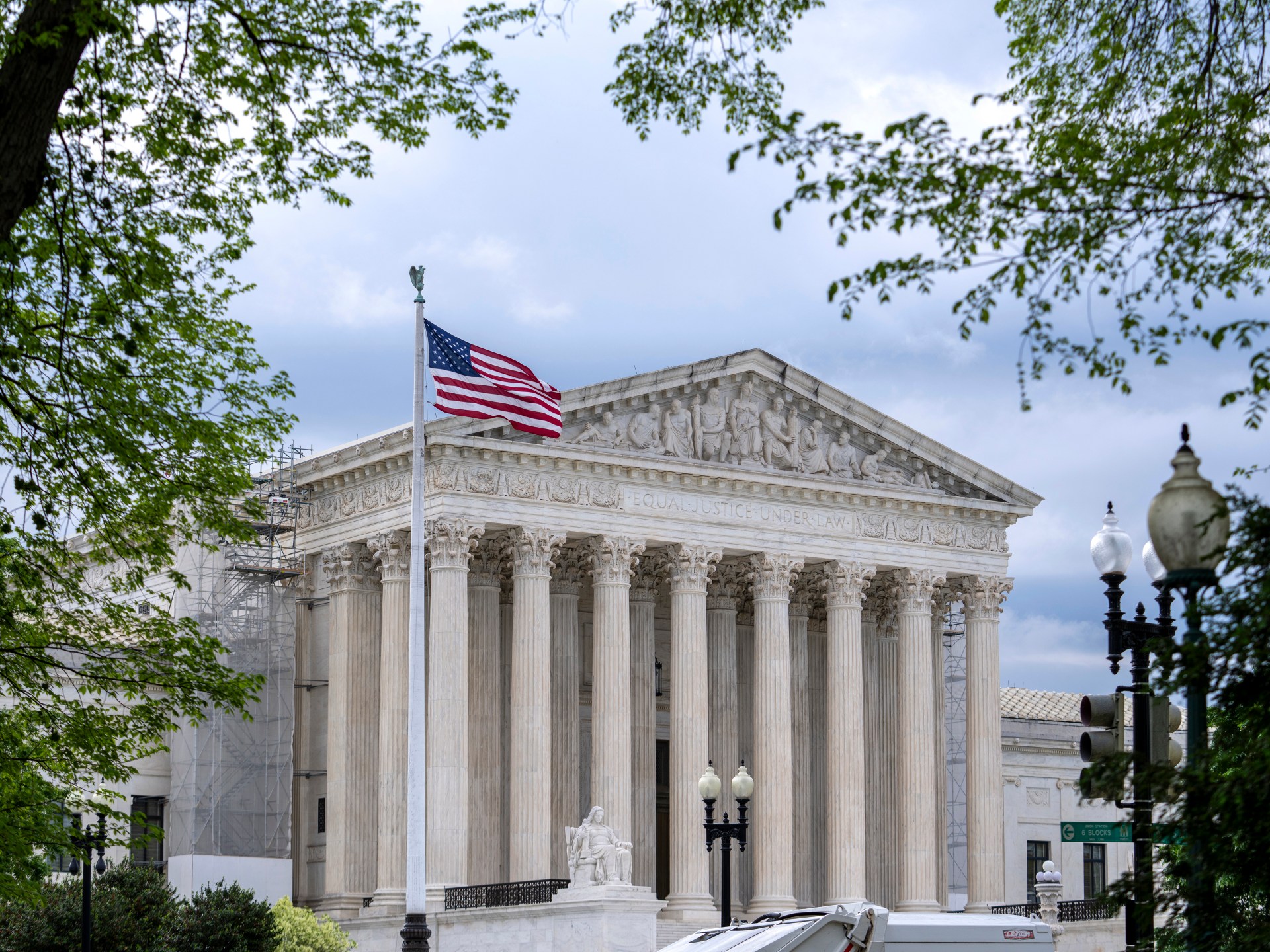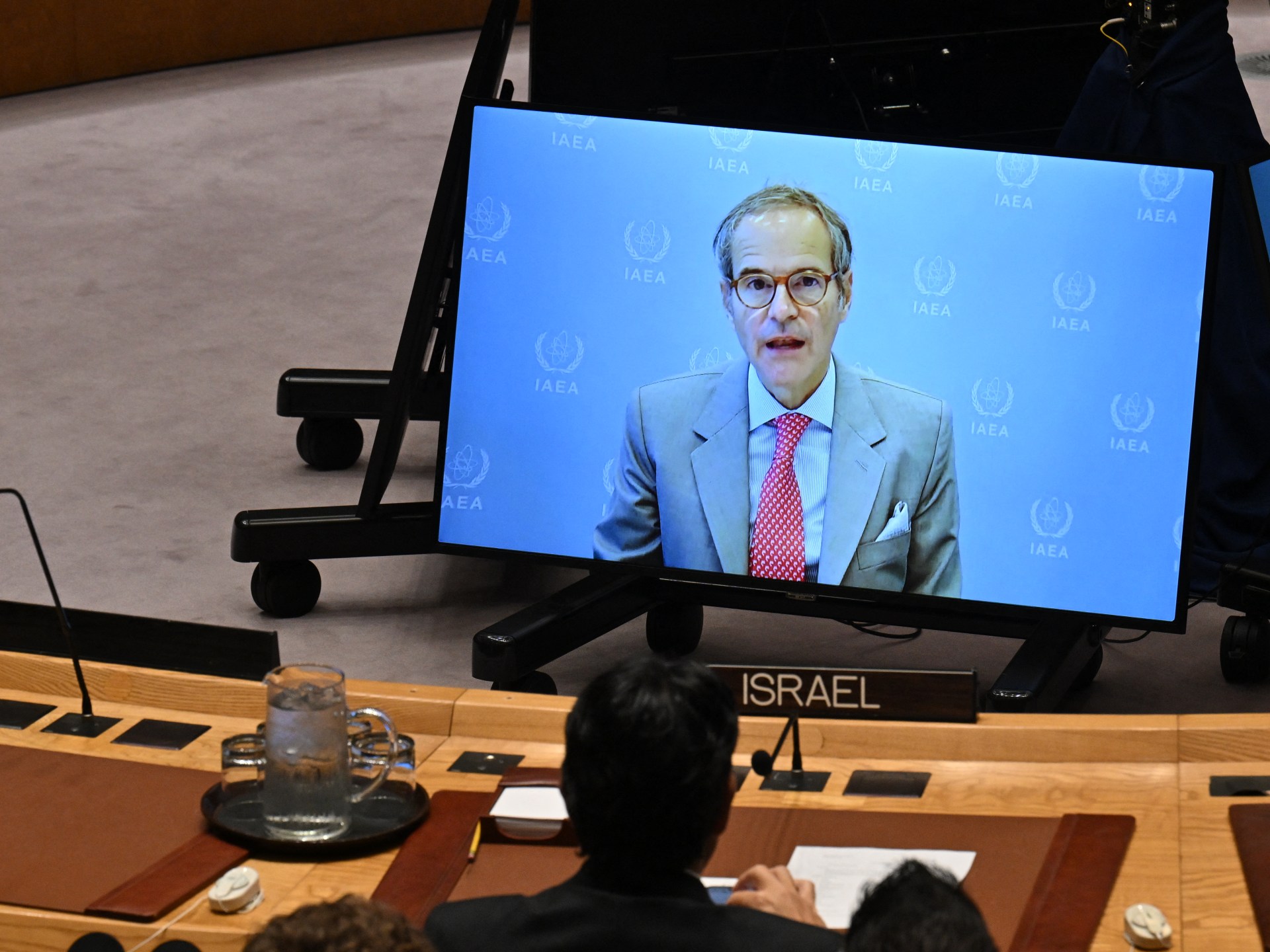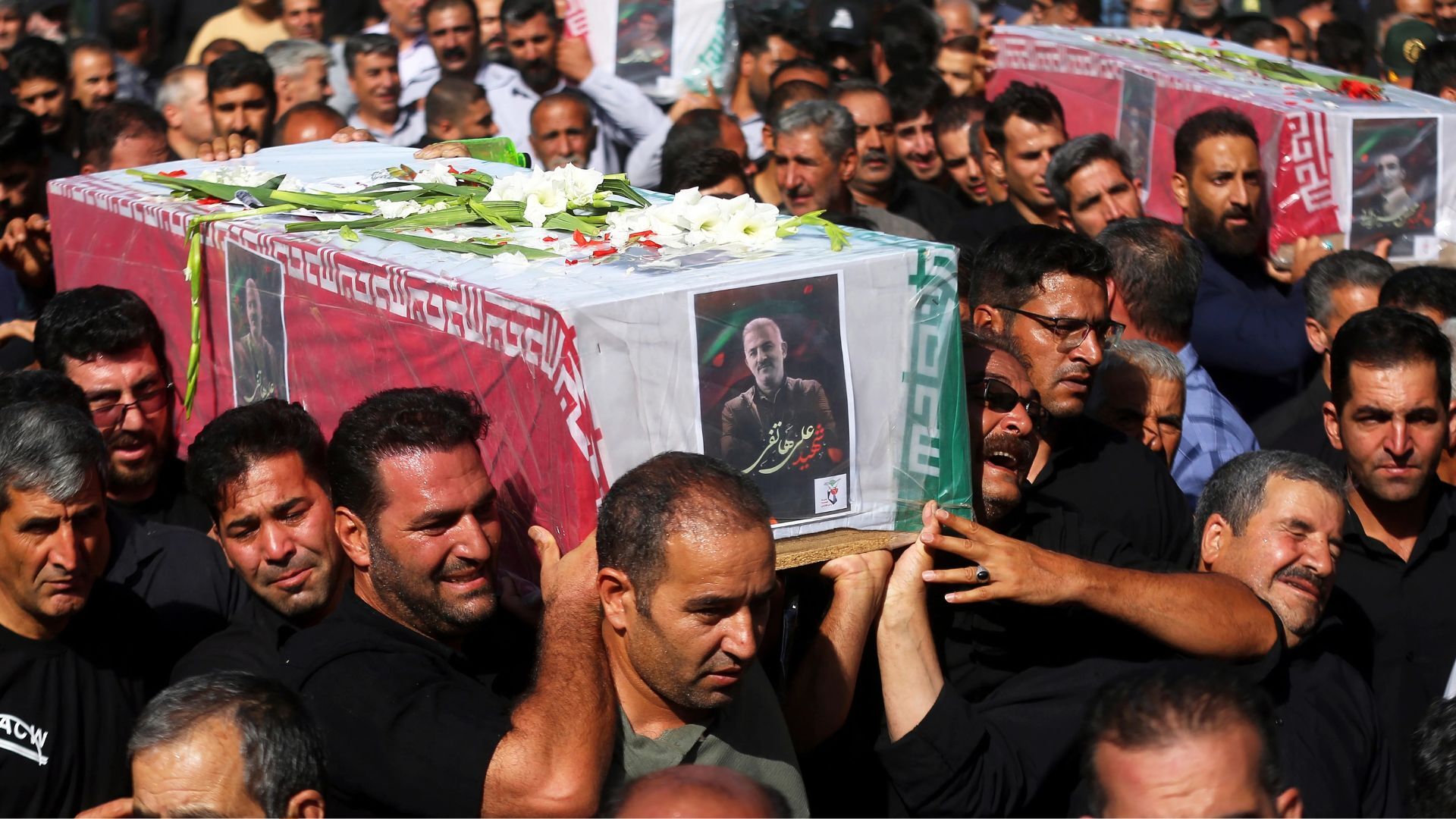The United States has bombed three nuclear sites in Iran, further escalating the war between Israel and Iran.
President Donald Trump late on Saturday said the US attacks “obliterated” the Iranian facilities in Fordow, Isfahan and Natanz as he threatened more strikes to eliminate the country’s nuclear enrichment capacity if Tehran “does not make peace”.
Iran acknowledged the attacks, saying its personnel working at the nuclear sites were evacuated before the attacks.
The US strikes came more than a week after Israel launched a military campaign against Iran, which retaliated with missile attacks, resulting in hundreds of casualties on both sides.
Here are some key reactions from around the world following the US strikes on Iran’s nuclear sites:
Iran
In his first public remarks after the strikes, Iranian Minister of Foreign Affairs Abbas Araghchi accused the US of breaching international law.
“The United States, a permanent member of the United Nations Security Council, has committed a grave violation of the UN Charter, international law and the NPT [Nuclear Non-Proliferation Treaty] by attacking Iran’s peaceful nuclear installations,” Araghchi said in a social media post.
“The events this morning [Sunday] are outrageous and will have everlasting consequences. Each and every member of the UN must be alarmed over this extremely dangerous, lawless and criminal behavior.”
He added that Iran “reserves all options to defend its sovereignty, interest, and people”.
Israel
“Congratulations, President Trump. Your bold decision to target Iran’s nuclear facilities with the awesome and righteous might of the United States will change history,” Prime Minister Benjamin Netanyahu said in a televised statement.
“History will record that President Trump acted to deny the world’s most dangerous regime the world’s most dangerous weapons.”
United Nations
“I am gravely alarmed by the use of force by the United States against Iran today,” Secretary-General Antonio Guterres said.
“This is a dangerous escalation in a region already on the edge – and a direct threat to international peace and security”, he said, adding that there is a “growing risk” that this conflict could “rapidly get out of control – with catastrophic consequences for civilians, the region, and the world”.
Guterres called on member states to “de-escalate” and “uphold their obligations under the UN Charter and other rules of international law”.
“At this perilous hour, it is critical to avoid a spiral of chaos. There is no military solution. The only path forward is diplomacy. The only hope is peace.”
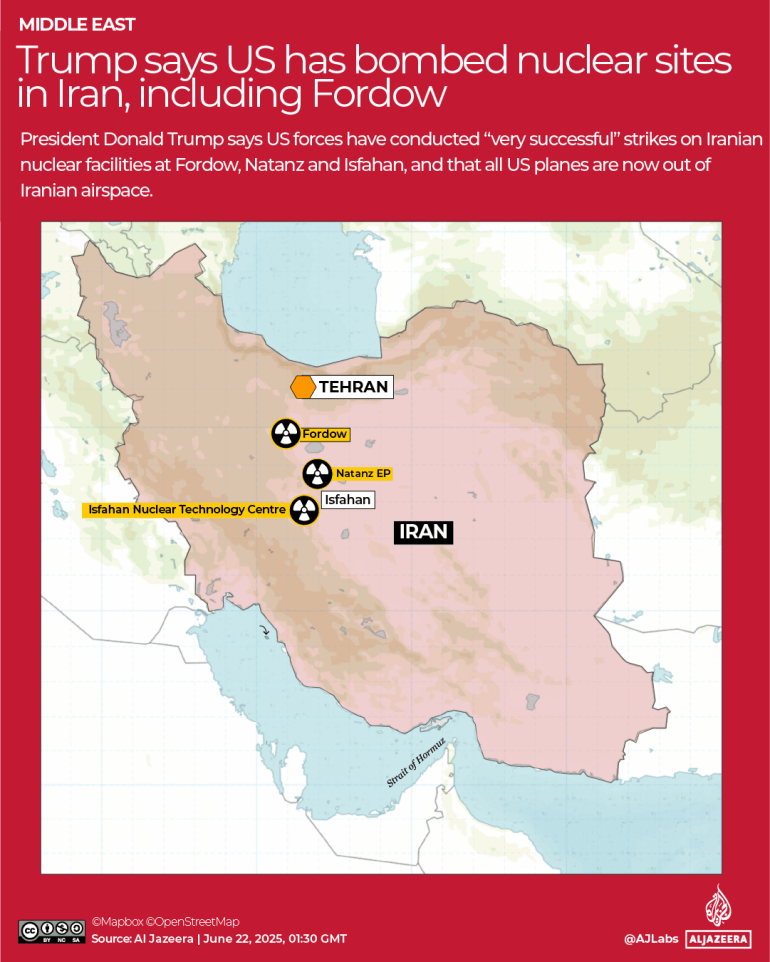
Hamas
In a statement, the Palestinian armed group said it condemned “in the strongest terms the brazen aggression of the United States against the territory and sovereignty of Iran”.
“The US aggression against Iran is a dangerous escalation, blind obedience to the occupiers’ agenda, and a clear violation of international law,” Hamas said.
“We declare our solidarity with Iran, its leadership, and its people, and we have full confidence in Iran’s ability to defend its sovereignty.”
US Democrats
The top Democrat in the House of Representatives accused Trump of pushing the country towards war.
“President Trump misled the country about his intentions, failed to seek congressional authorization for the use of military force and risks American entanglement in a potentially disastrous war in the Middle East,” Congressman Hakeem Jeffries said in a statement.
“Donald Trump shoulders complete and total responsibility for any adverse consequences that flow from his unilateral military action.”
China
A flash commentary from China’s government-run media asked whether the US is “repeating its Iraq mistake in Iran”. The online piece by CGTN, the foreign-language arm of the state broadcaster, said the US strikes mark a dangerous turning point.
“History has repeatedly shown that military interventions in the Middle East often produce unintended consequences, including prolonged conflicts and regional destabilization,” it said, citing the American invasion of Iraq in 2003.
It said a measured, diplomatic approach that prioritizes dialogue over military confrontation offers the best hope for stability in the Middle East.
Australia
“We have been clear that Iran’s nuclear and ballistic missile program has been a threat to international peace and security,” the Australian government spokesperson said.
“We note the US President’s statement that now is the time for peace,” he said, adding that the security situation in the region is “highly volatile”.
“We continue to call for de-escalation, dialogue and diplomacy,” the spokesperson said.
New Zealand
“We acknowledge developments in the last 24 hours, including President Trump’s announcement of US strikes on nuclear facilities in Iran”, Foreign Minister Winston Peters said.
“Ongoing military action in the Middle East is extremely worrying, and it is critical further escalation is avoided,” he said, adding that New Zealand “strongly supports efforts towards diplomacy”.
“We urge all parties to return to talks. Diplomacy will deliver a more enduring resolution than further military action.”
Mexico
“The ministry urgently calls for diplomatic dialogue for peace between the parties involved in the Middle East conflict, Mexico’s Ministry of Foreign Affairs said in a statement on their X account.
“In keeping with our constitutional principles of foreign policy and our country’s pacifist conviction, we reiterate our call to de-escalate tensions in the region,” the ministry said.
“The restoration of peaceful coexistence among the states of the region is the highest priority.”
Venezuela
“Venezuela Condemns US Military Aggression Against Iran and Demands an Immediate Cessation of Hostilities,” Venezuelan Foreign Minister Yvan Gil said in a Telegram post.
“The Bolivarian Republic of Venezuela firmly and categorically condemns the bombing carried out by the United States military, at the request of the State of Israel, against nuclear facilities in the Islamic Republic of Iran, including the Fordow, Natanz, and Isfahan complexes,” he said.
US groups CAIR and AIPAC
The Council on American-Islamic Relations (CAIR), a US Muslim rights group, said the US attack is an “illegal and unjustified” act of war that comes under pressure from the “out-of-control” Israeli government, and despite the longstanding conclusion of the US intelligence that Iran was not building a nuclear weapon.
On the other hand, the American-Israel Public Affairs Committee (AIPAC), the powerful pro-Israel group in the US, praised the strikes ordered by Trump and said the US “must now work with our allies to protect our troops and regional interests against Iranian attacks”.
Cuba
Cuban President Miguel Diaz-Canel strongly condemned the US bombing, saying it constituted a “dangerous escalation” and a serious violation of the UN Charter.
He added that it “plunges humanity into a crisis with irreversible consequences”.
Chile
Chilean President Gabriel Boric also called the US action illegal.
“Chile condemns this US attack,” he wrote on X. “Having power does not authorise you to use it in violation of the rules that we as humanity have given ourselves. Even if you are the United States.”
